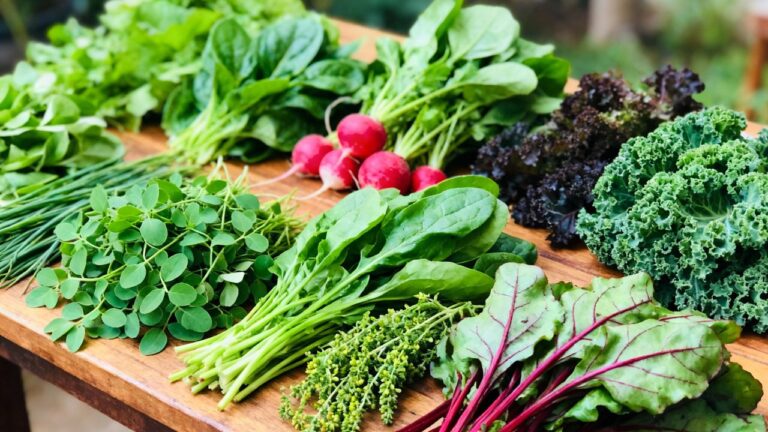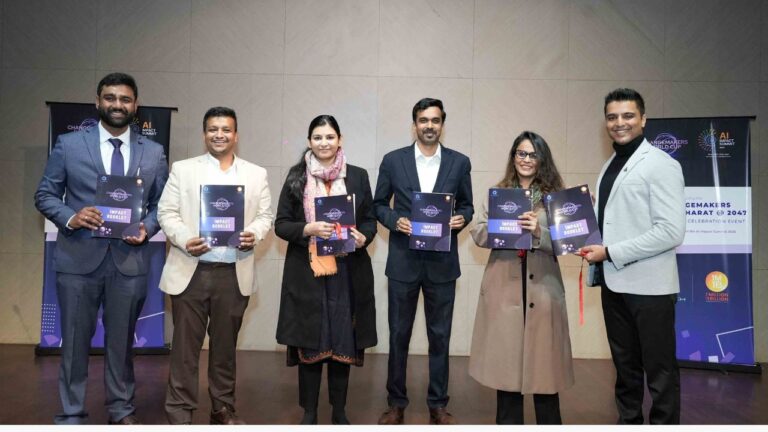
World Mosquito Day: Global Efforts Intensify to Combat Mosquito-Borne Diseases and Ensure a Healthier Future
Each year, on August 20th, people worldwide unite to recognize World Mosquito Day. It reminds us of the ongoing fight against one of the planet’s most infamous creatures. Despite their small size, mosquitoes have a huge impact on human health and economies. This day celebrates the discovery of the connection between mosquitoes and malaria spread, highlighting ongoing work to manage and stop the diseases they carry.
Table of Contents
World Mosquito Day: History
The origins of World Mosquito Day can be traced back to 1897 when a British doctor named Sir Ronald Ross achieved a groundbreaking revelation. Ross effectively showed that the dangerous malaria parasite is spread by female Anopheles mosquitoes. This finding opened doors for more studies on how to stop and manage diseases carried by mosquitoes.
The Significance of World Mosquito Day
World Mosquito Day serves as a commemoration of the significant obstacles posed by diseases spread by mosquitoes, like malaria, dengue fever, Zika virus, chikungunya, and West Nile virus. These illnesses impact numerous individuals globally, particularly in tropical and subtropical areas. The occasion also underscores the essential importance of scientific research, public health endeavours, and community involvement in managing mosquito numbers and curtailing the spread of these diseases.
Global Impact
The impact of mosquito-borne diseases extends beyond health concerns. These diseases impose a significant economic strain as they lead to reduced productivity, heightened healthcare expenses, and a decline in tourism within impacted areas. Underprivileged societies frequently bear the brunt of these issues, further perpetuating a cycle of destitution and illness. In this framework, World Mosquito Day functions as a prompt that these complexities demand continuous focus and cooperation.
Strategies for Control
Efforts aimed at addressing mosquito-borne diseases concentrate on preventing mosquito bites and diminishing mosquito populations. Some key strategies include:
- Vector Control: This involves targeting mosquito breeding grounds, using insecticides, and implementing environmental management techniques to reduce mosquito populations.
- Bed Nets: In malaria-endemic regions, distributing insecticide-treated bed nets has proven effective in reducing nighttime mosquito bites and preventing malaria transmission.
- Vaccines: Research is ongoing to develop vaccines against diseases like dengue and malaria. While progress has been made, challenges remain in creating effective vaccines for these complex diseases.
- Community Education: Raising awareness about mosquito-borne diseases, their transmission, and prevention methods is crucial in empowering communities to protect themselves.
- Research and Innovation: Continual research is essential to better understand mosquito behaviour, develop more efficient insecticides, and create innovative technologies for vector control.
United Against Mosquitoes
World Mosquito Day is a time to remember that tackling diseases spread by mosquitoes needs a united worldwide push. Governments, global groups, scientists, healthcare workers, and communities should team up to stop outbreaks, offer care, and create lasting answers. Success depends on global collaborations, research funds, and exchanging knowledge.
Individual Responsibility
While larger-scale initiatives are crucial, individuals can also contribute to the fight against mosquito-borne diseases:
- Eliminate Breeding Sites: Regularly empty containers that collect water, as these can become breeding grounds for mosquitoes.
- Use Protective Measures: When in mosquito-prone areas, wear long-sleeved clothing, use mosquito repellents, and sleep under insecticide-treated bed nets.
- Support Research and Initiatives: Contribute to organizations and initiatives dedicated to mosquito control and disease prevention.
Conclusion
World Mosquito Day serves as a commemoration of the ongoing struggle against illnesses transmitted by mosquitoes and underscores the necessity for united efforts. With the progress of science and technology, there lies optimism for enhanced preventive measures, therapies, and ultimately, the complete elimination of these destructive ailments. By raising awareness, supporting research, and implementing effective strategies, we can inch closer to a world where the buzz of mosquitoes no longer carries the threat of disease.
Watch: World Mosquito Day CDC





